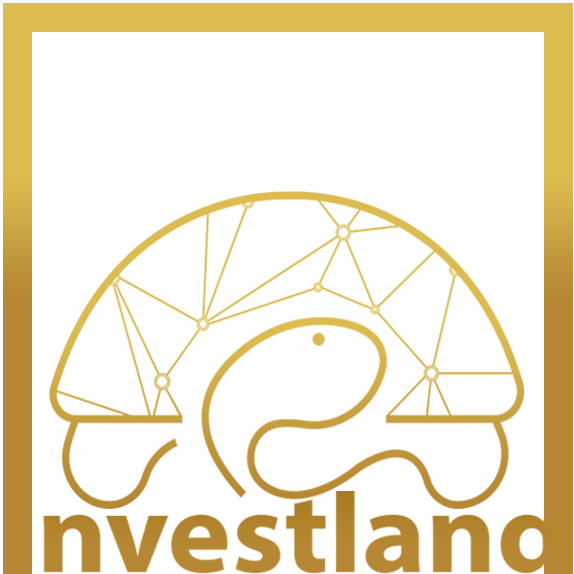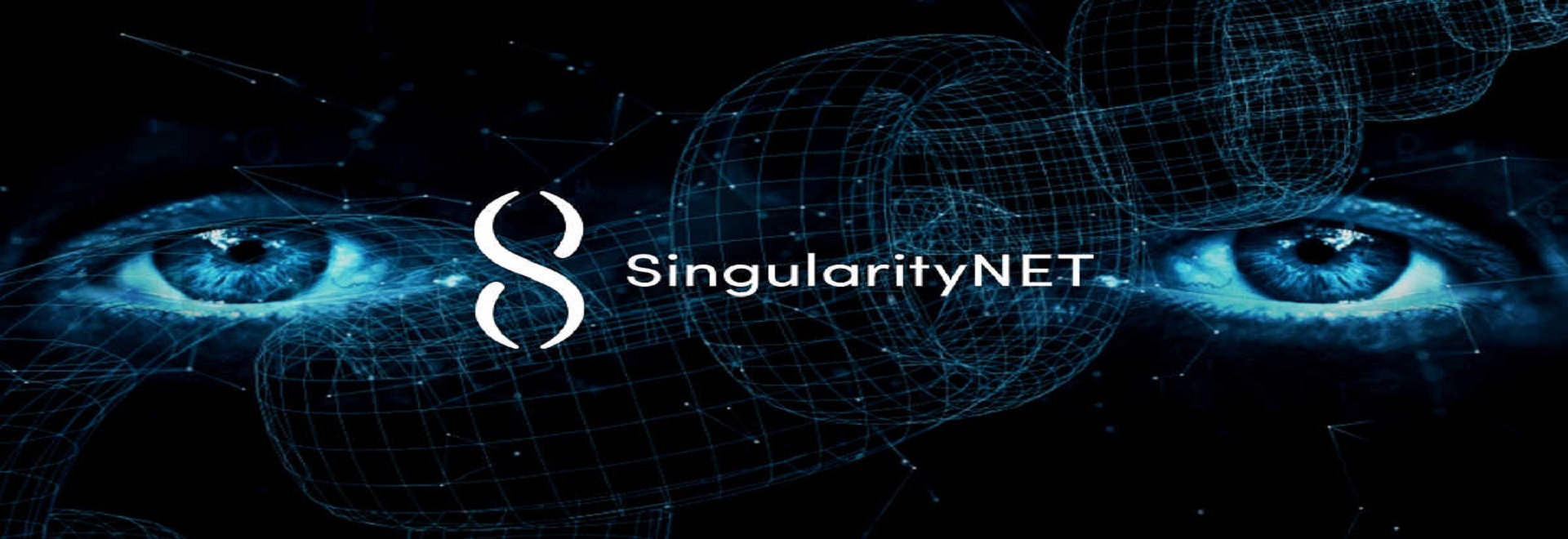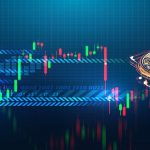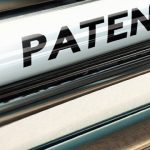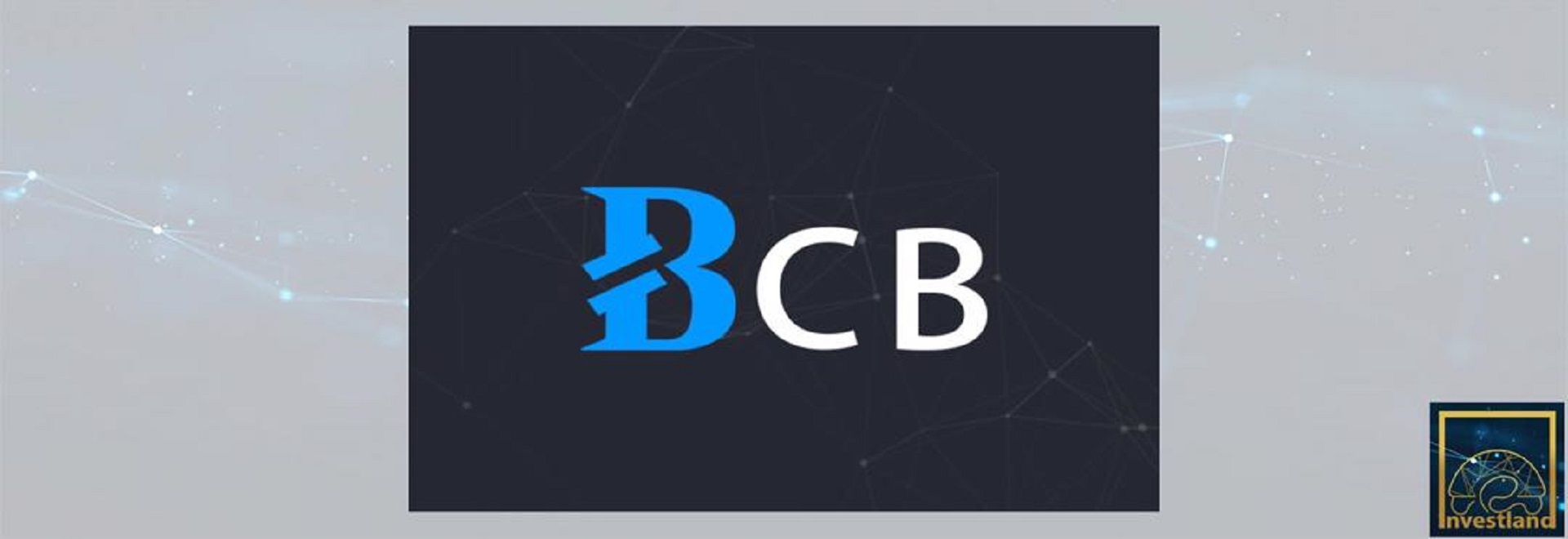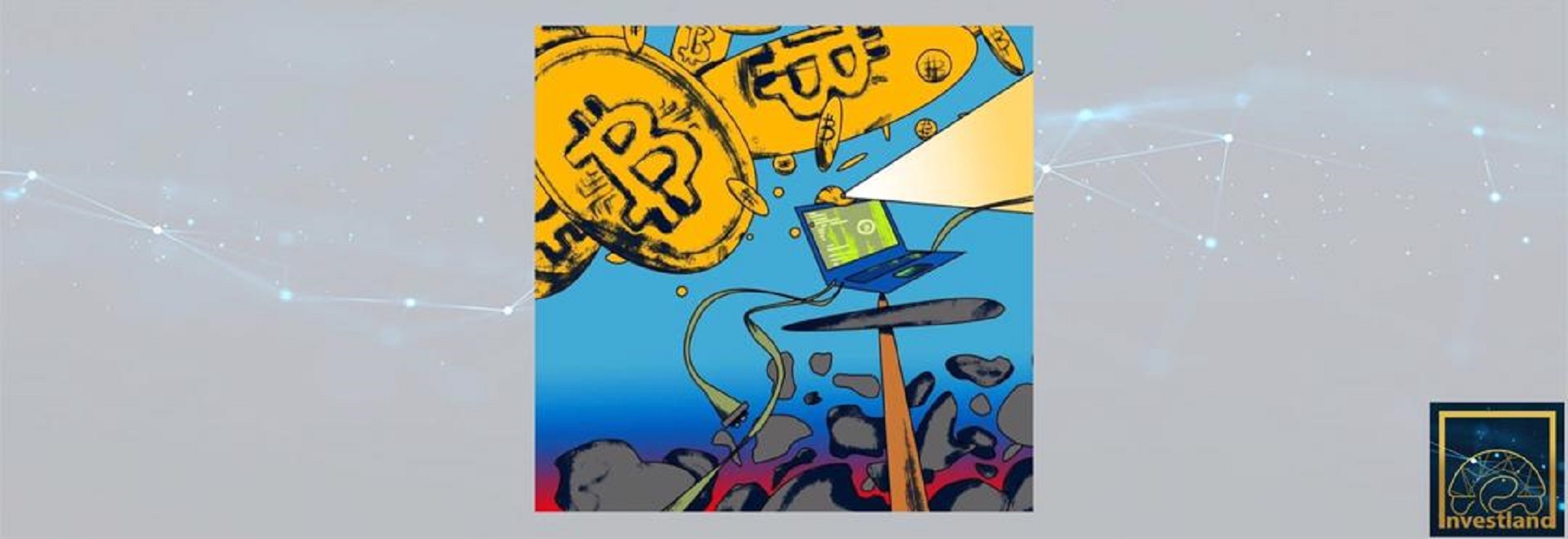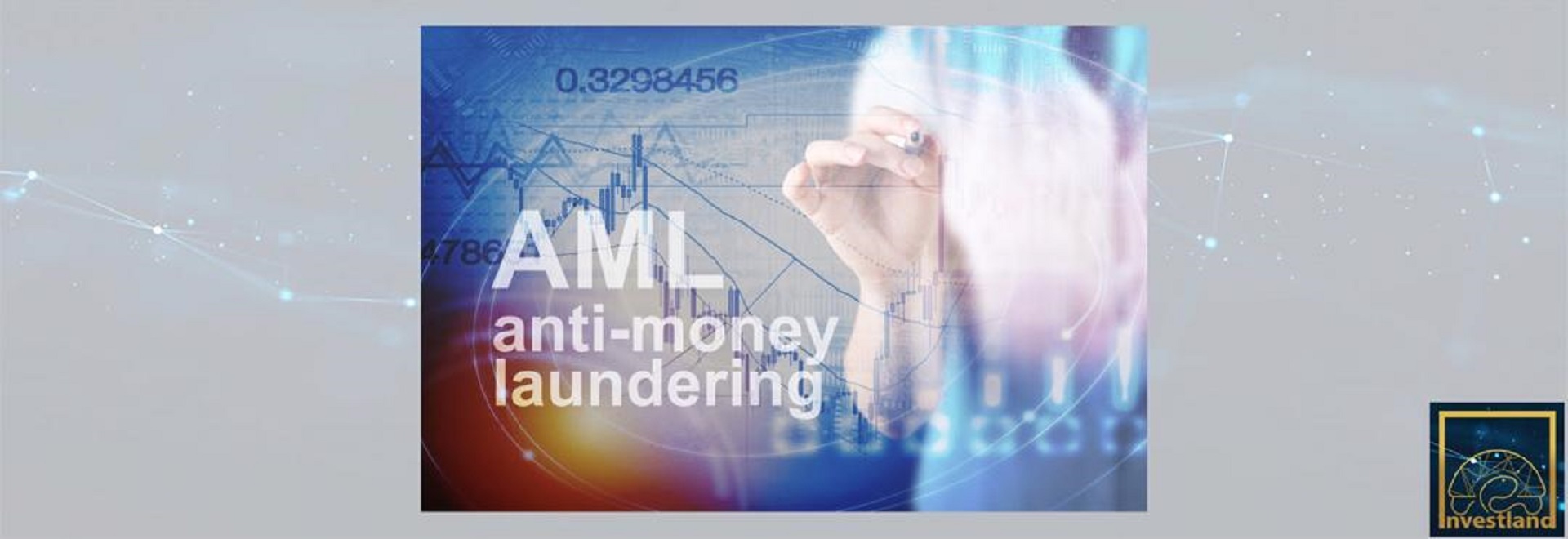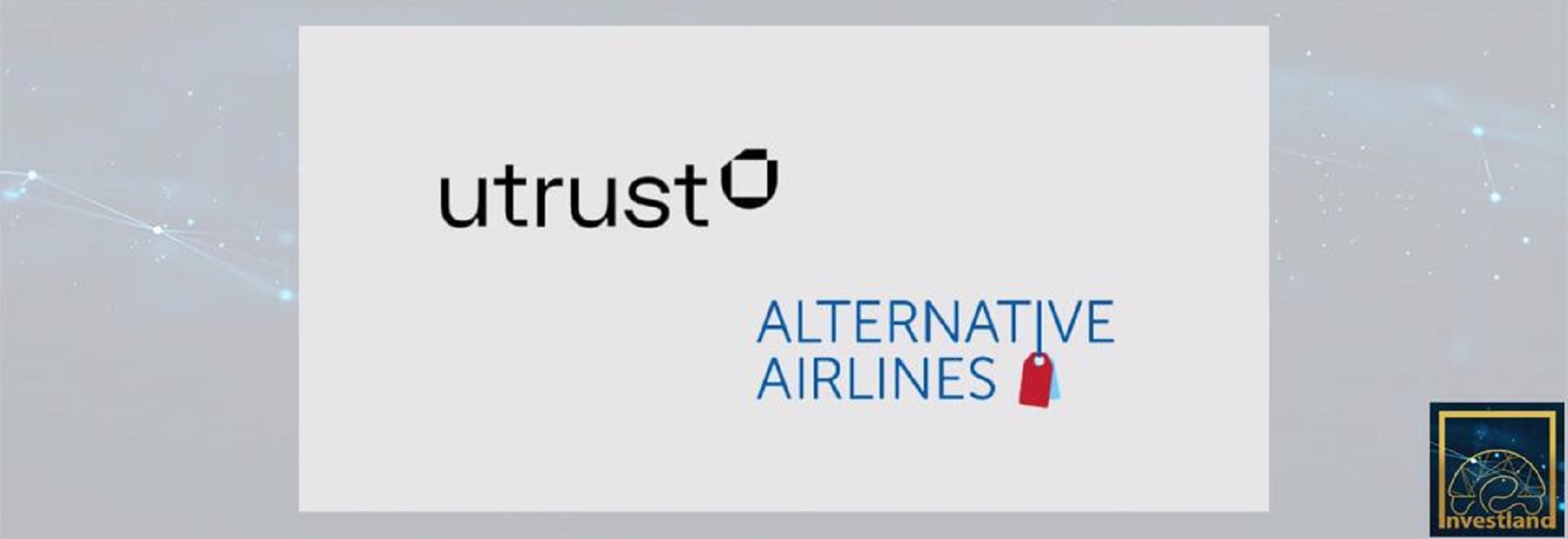a conversation with Mark Turrell
Changing the world one system at a time: a conversation with Mark Turrell.
Talking about small and large systems, complex and simple, dynamic and static, for good or for bad.
We were delighted to receive Mark Turrell on the AGI podcast for a fascinating and well-informed conversation on humanity, organising principles, structural tendencies and networks. Mark is a Harvard educated entrepreneur, educator, author and strategist. He has focused most of his life on understanding, solving and improving complex problems across industries and cultures. Be it from Europe, Africa or North America, Mark has helped companies scale -a topic on which he wrote a book about- and has passionately supported people and projects poised toward social good, for which he received the title of Young Global Leader by the World Economic Forum. Currently, he is an associate professor at Hult Business School and the CEO of both Orcasci and Vork, a strategy agency and a networking app, respectively.
If we were to end Mark’s introduction with a glimpse of his raison d’être, it would be with the following:
“My goal is to change the entire world for the better, all of it, at the same time, so that people can be happier, be less sad, and be free to choose. As a pragmatist, I develop plans and tactics to achieve this.”
Unpacking networks and creating better models
The most exciting work that Mark Turrell is doing at the moment revolves around networks. There are many ways to view networks, they can refer to associations of human beings, electronic devices, companies, etc. If you boil it down, a network is an arrangement of nodes and links, and Mark’s work consists of optimising the functions of a network with technology (the current focus of Vork).
His focus has primarily been on networks of people. This involves devising models of networks that would incorporate new members fast and achieve symbiotic relationships from day one. The existing members and network structure are crucial factors influencing the performance of a new member. Thus, Mark explains, it is also important to intervene at an individual level to affect the overall network. Teaching “soft skills like critical thinking and teamwork” and negotiation skills but also how to feel empathy is greatly needed in companies yet ignored by most of the existing education systems. Mark believes that all of these could be learned in a matter of a few hours, simply by adopting the right mindset. In fact, he argues that it will be necessary for humans to be versatile in developing new skills as the nature of the future of work is likely to require us all to constantly configure ourselves to new roles.
By bringing about changes in network setups, one is also affecting the way other networks interact with that network. The consequence of such interdependence can range anywhere from benign to revolutionary. For example, the current structure of work in companies is starting to diversify with remote work becoming more and more common. By extension, this type of structure can affect cost pressures in a company and make the hiring of new employees in countries with cheaper labor more obvious and systematic. It is very likely, according to Mr. Turrell, that some new models of productivity maximizing company network structures are going to be designed and then adopted massively.
Indeed, we are already seeing companies opt for an increasingly cybernetic assemblage type of workforce. J.P. Morgan Chase for example recently shared the news that one of their AI does in seconds the work that the legal division would have taken thousands of hours to do. This could herald a lot of firings at J.P Morgan and beyond…
In fact, it has already started with more simple jobs. Foxxcon, for example, replaced ۶۰.۰۰۰ of their factory workers with robots in just one factory. In 5 to 10 years, urged Mark, “we will have nasty structural employment with middle classes struggling as they would have taken on debt to get an education for jobs that might not exist anymore”. Construction and driving jobs will disappear first, but accounting, auditing, legal jobs and more, are sure to follow quite fast. Accounting and auditing are already threatened by blockchain technology.
Rei publicae, panem et circenses
So, how will a future of automated systems and smart machines look like? It would seem that the transition phase from a world economy reliant mainly on human output to one that is powered mainly by machines is going to be the difficult part. First, radically new technologies and models will diffuse according to the threshold of the comfort of each individual person at first and quickly morph into a “technology wave” that nobody will be able to deny. Mark illustrates this with the example of “the last carriage driver” that had probably no choice but to retire or sell their horse for a car once a certain level of diffusion had been reached in society.
“Technology is going to be the heart of everything. We can’t avoid it. Right now if someone is deeply emotional, the only way we’re going to know about it is probably because they share it via social media (and they will be affected even more depending on how many likes they get). The essence of being human is being supercharged with technology. We will never be able to have a conversation about being human without talking about technology. And 50 to 100 years from now technology will have a chat to say: do we really need these humans anyway?
While the only things that seem likely to persist are socioeconomic disparities, Mark does believe that no real work will be required by people in the near future. However, that very model of society where people do not work anymore would require some serious designing so as to keep life relevant for many — “people will need their bread and circuses, as the Romans would say”. A priori, the spread of streaming applications like Netflix and Amazon Prime, will be essential to keeping humans entertained in their workless future. Coupled to that you are likely to see individual coping mechanism like meditation emerge as ways to deal with the “fast age”. We will “probably see such a wave in a couple of years, of self-enlightenment and group enlightenment and it will propagate fast”.
The trick here, for all of humanity, is to be proactive and start changing our attitudes, mindsets, education system and laws today. For instance, Mark is currently working on developing fresh rainfall with ionisation or artificial rainmaking. It is a much-needed innovation as weather patterns have changed and less rain reaches fewer people around the world but it will take time until it becomes fruitful. Additionally, changing bad behaviour at either small or global scale takes time. At a global scale, we are talking years before we take a real measure or even set up enough nuclear plants for clean energy which decades to implement. Desalination plants, for example, “takes 5 years to set up because it takes 4 years just to get permission”.
Developing good habits to help brace for imminent change, however, requires political intervention at a mass scale and with the participation of as many individuals as possible. Once again, technology might help us achieve new levels of democratic participation and efficiency. More and more countries will be using AI systems to inform their citizens about political decisions, confirms Mark. He mentioned the initiative by some European countries to simplify the information dissemination and decision process for the European parliamentary election. According to Mark, you could soon start “swiping Tinder-style on 20 things you most care about” and then get an AI to provide you with personalized suggestions on which candidates to choose.
Decentralization can be and has been a very interesting area to observe in that regards. Within a complex system with network properties, you need to have, “control points and hierarchies mostly because people need to have something to follow and that thing to follow has to come from somewhere.” In current prevailing political models, everything gets voted on for people to follow, but some people can effectively “highjack these systems” and make them unfair for others. These are complex systems that are fascinating but difficult for people to understand. Understanding system dynamics require a certain toolkit and most of us are not taught complex dynamic systems, says Mark. “We recognize patterns but don’t know about pattern recognition and therefore we see events but don’t interpret them with the right lens; if we see them we can’t necessarily predict what’s gonna happen next and that special skill of being able to design how to change systems is something super rare but needed.”
For us not to fall behind and be overwhelmed by the technology we are developing, it will also be crucial to have higher participation of young people in political life. If we fail to include the new generation, all the laws and jobs that need to change now will be postponed until it’s too late: when millions of jobs will have been lost and millions of people will find themselves with irrelevant skills for the new age. Fortunately, there is a “good possibility”, says Mark, that “the new generation, especially in the U.S and western Europe will be much more socially and civic-minded than all generations before them.’’ It is also encouraging to think that the “future old people” will be much more in tune and connected to younger people as they will be connected by ubiquitous information and communication technology during their lives.
A 25 years plan to change the world
Mark Turrell has spent a good part of his life devising and implementing a 25 years plan to change the world… “Building projects to help millions of peoples’ lives with no negative side effects and if there are side effects… how do we fix them too.”
It is certainly an encouraging project to follow and deserves at least a brief outline:
On the second day of his 25 years plan, Mark invented a crowdsourced election monitoring for the Zimbabwe election. The impact was real, thousands participated and the elections were more transparent because of it. On year 3 of the plan, Mark became a spy (“no, for real” -Mark Turrell) posted in Libya and Syria. He focused on creating a civilian-military intelligence network to help civilians of those countries.
Following these experiences, a lot of time was dedicated to conceptual work on complex systems and networks and on getting to the heart of how to become more collaborative as a species. “I am researching into how to program individual humans and systems… the ten commandments were programming code — don’t kill people, stop stealing stuff” Mark remarked. Indeed, he is really focused on “programming rules for humans that are concrete today”. And those are particularly about “sharing things and helping others” because at the moment it is about “owning stuff and helping ourselves”.
So how do we change our programming logic so that we aspire to do and behave in different ways? In year 5, Mark helped create the 1 million dollar Global Teacher Prize, partly for that end. Right now the network system he has been building at Vork is designed to “help solve any problem in less than an hour through networks”. Additionally, the education system that exists right now at Orcasci is looking into “how to teach these 21st-century skills to become an expert in a few hours for a few weeks”.
Ultimately, the world is going to need to make deep structural changes in order to cope with the exponential growth of technology. These changes need to be genuine and emanate from the free and well-informed will of sovereign individuals. We need people to understand the technologies they are allowed to handle, the ways these constantly affect their psyche, the ways to control technological intervention, and the ways in which we can redirect ourselves from a sluggishly reactive path to on a path of endless promise.
source:https://blog.singularitynet.io/changing-the-world-one-system-at-a-time-a-conversation-with-mark-turrell-fa35de4da1ec
اشتراک
